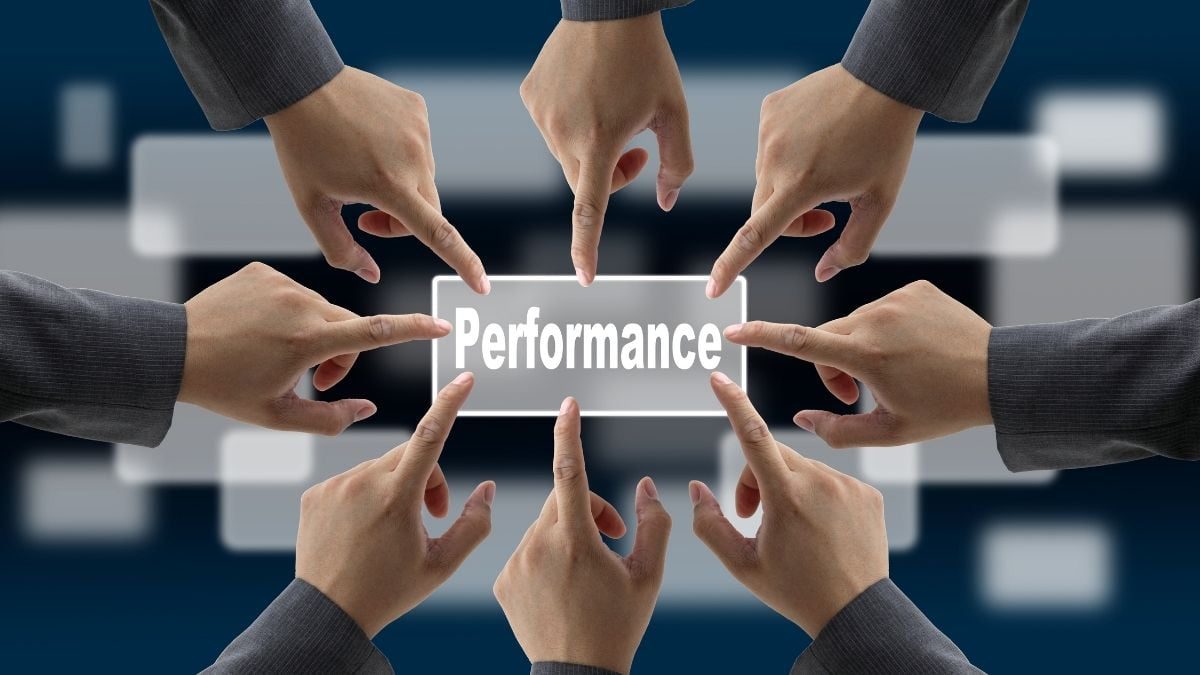Providing Meaningful Recognition and Rewards
Recognizing and rewarding team members' contributions is a powerful way to boost motivation and engagement. This can take the form of formal recognition programs, public acknowledgments, or opportunities for professional development and career advancement. By celebrating team successes and individual achievements, organizations can foster a sense of pride and ownership among team members.
Encouraging Respectful and Inclusive Team Dynamics
Promoting a culture of respect, inclusivity, and appreciation for diverse perspectives is essential for maintaining a collaborative and high-performing team. By addressing biases, valuing individual differences, and ensuring that all team members feel heard and respected, organizations can create an environment that enables team members to thrive and contribute their best.
Leadership and Team Performance: The Role of Effective Leadership
Effective leadership is a crucial component in fostering high-performing teams. Leaders play a pivotal role in setting the tone, shaping the team's culture, and empowering team members to achieve their full potential. By embracing a leadership style that combines vision, empowerment, and support, organizations can unlock the true potential of their teams.
Establishing Clear Communication Channels
Ensuring that team members have access to clear and efficient communication channels is essential for team performance. This may involve implementing a mix of communication tools, such as video conferencing, team messaging platforms, and project management software, to facilitate information exchange, coordinate tasks, and keep everyone informed.
Crafting a high-performing team requires a strategic and intentional approach, addressing key elements that contribute to team success. From establishing a clear vision and defining roles to fostering a supportive environment and promoting continuous learning, organizations can implement various strategies to build and maintain a thriving team.
Promoting Continuous Learning and Development
High-performing teams are committed to continuous learning and development, constantly seeking ways to improve their skills, knowledge, and processes. Providing opportunities for training, mentorship, and skill-building not only enhances individual capabilities but also strengthens the team's overall competence and adaptability.
Empowering and Enabling Team Members
High-performing teams thrive when their leaders empower and enable team members to take ownership of their work, make decisions, and contribute their ideas. By fostering a sense of autonomy and trust, leaders can unlock the full potential of their team, encouraging innovation, risk-taking, and a collective sense of responsibility.
Encouraging Collaboration and Teamwork
Fostering a collaborative and teamwork-oriented culture is essential for high performance. Encouraging team members to work together, share information, and leverage each other's strengths can lead to more innovative solutions, faster problem-solving, and a greater sense of collective ownership.
Effective measurement and assessment of team performance are crucial for identifying areas of strength, pinpointing areas for improvement, and implementing targeted strategies to enhance overall team effectiveness. By leveraging a range of metrics and tools, organizations can gain valuable insights and make data-driven decisions to optimize team performance.
Team Effectiveness Assessments
Utilizing team effectiveness assessments, such as surveys or diagnostic tools, can provide valuable insights into the overall health and functioning of the team. These assessments can evaluate factors like communication, collaboration, decision-making, and problem-solving, helping teams identify areas for improvement and develop targeted strategies to enhance their performance.
Motivation and Engagement: Keeping Teams Inspired and Productive
Maintaining high levels of motivation and engagement is a crucial aspect of driving team performance. By cultivating an environment that fosters intrinsic motivation, recognition, and a sense of purpose, organizations can unlock the full potential of their teams, ensuring sustained productivity, innovation, and job satisfaction.
Fostering Psychological Safety and Trust
Cultivating a sense of psychological safety and trust within the team is crucial for fostering a collaborative and high-performing environment. When team members feel safe to take risks, express their opinions, and be vulnerable, they are more likely to engage in open and honest communication, embrace constructive feedback, and work together effectively.
Measuring and Tracking Diversity and Inclusion Metrics
Regularly measuring and tracking diversity and inclusion metrics, such as representation, employee engagement, and career progression, can help organizations identify areas for improvement and implement targeted strategies to enhance diversity and inclusion within their teams.
Future of Team Performance: Emerging Trends and Innovations
As the business landscape continues to evolve, the future of team performance will be shaped by emerging trends and innovative approaches. By staying attuned to these developments, organizations can adapt their strategies and leverage cutting-edge tools and methodologies to drive sustainable team excellence.
Aligning Individual and Team Goals
Ensuring that individual and team goals are aligned is a powerful driver of motivation and engagement. When team members can see how their personal objectives contribute to the overall success of the team and the organization, they are more likely to be invested in their work and committed to achieving shared outcomes.
Promoting Healthy Debate and Constructive Criticism
Encouraging healthy debate and constructive criticism within the team can be a powerful driver of innovation and continuous improvement. By creating an environment where team members feel safe to express their ideas, challenge assumptions, and provide honest feedback, organizations can foster a culture of open communication and collaborative problem-solving.
Data-Driven Talent Management
The use of data-driven tools and analytics to assess team performance, identify skill gaps, and inform talent management strategies will become increasingly prevalent. Organizations that leverage these data-driven insights will be better equipped to build and nurture high-performing teams.
Leveraging Technology to Enhance Collaboration
Advancements in technology have revolutionized the way teams collaborate, offering a range of tools and platforms to facilitate seamless coordination, real-time information sharing, and virtual teamwork. Leveraging these technologies can help teams overcome geographical barriers, improve document management, and enable efficient remote collaboration.
Building a High-Performing Team: Essential Elements and Strategies

Fostering a Supportive and Inclusive Environment
Creating a supportive and inclusive work environment is crucial for team performance. When team members feel valued, respected, and empowered, they are more likely to be engaged, motivated, and willing to take risks. Encouraging open communication, providing constructive feedback, and celebrating successes can all contribute to building a positive team culture.
Developing Conflict Resolution Strategies
Equipping team members with effective conflict resolution strategies, such as active listening, empathy, and win-win negotiation techniques, can help them navigate challenging situations and find mutually beneficial solutions. Providing training and resources on conflict management can empower team members to handle conflicts proactively and maintain a collaborative team dynamic.
The Power of Effective Communication
Open, transparent, and frequent communication is a hallmark of high-performing teams. When team members feel empowered to share their ideas, voice their concerns, and engage in constructive dialogue, it fosters trust, collaboration, and a collective sense of ownership. Effective communication ensures that everyone is on the same page, reduces misunderstandings, and enables the timely resolution of issues.
Fostering a Positive and Supportive Culture
Leaders play a crucial role in shaping the team's culture, fostering a positive and supportive environment that enables team members to thrive. By modeling desired behaviors, promoting work-life balance, and recognizing and celebrating team achievements, leaders can cultivate a culture of trust, collaboration, and mutual respect.
Measuring and Assessing Team Performance: Metrics and Tools

Establishing Clearly Defined Roles and Responsibilities
Clearly delineated roles and responsibilities ensure that each team member understands their specific contributions and the value they bring to the team. This clarity helps to minimize overlap, reduce confusion, and foster accountability, enabling team members to work more efficiently and effectively.
Key Performance Indicators (KPIs) for Team Performance
Identifying and tracking relevant Key Performance Indicators (KPIs) is a crucial step in assessing team performance. These may include metrics such as project completion rates, quality of work, customer satisfaction, employee engagement, and team productivity, among others. Regularly monitoring and analyzing these KPIs can help teams identify areas for improvement and measure the impact of their efforts.
See more: tải app hi88 com đăng nhập
Data-Driven Optimization and Continuous Improvement
By analyzing the data collected through various measurement and assessment tools, organizations can make informed decisions, identify areas for optimization, and implement continuous improvement strategies. This data-driven approach helps teams adapt to changing circumstances, address emerging challenges, and continuously enhance their performance.